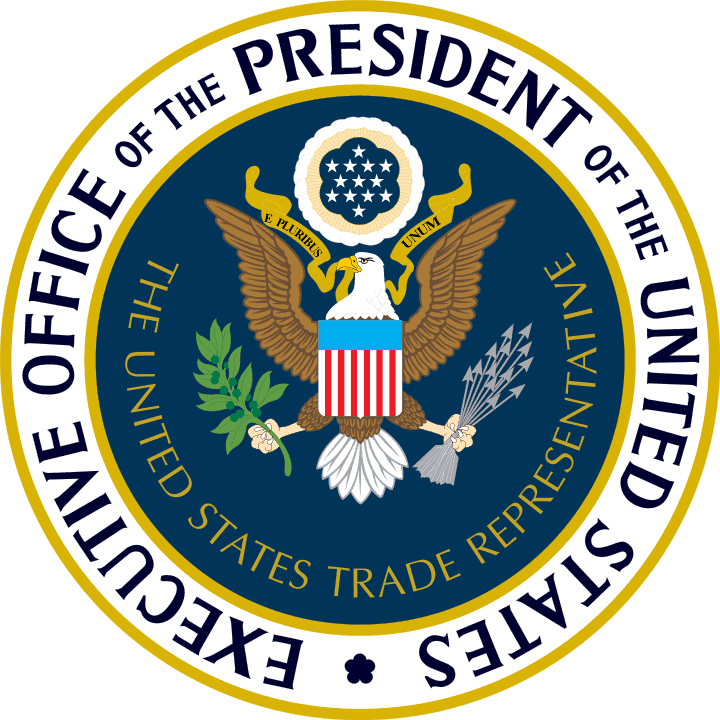In August, President Donald Trump signed a memo authorizing the US Trade Representative (USTR) to investigate the alleged theft of US intellectual property by Chinese companies and organizations.
The alleged theft is asserted to be backed and facilitated by the Chinese government.
Robert Lightizer, a law firm partner and Deputy USTR who was sworn in as the 18th USTR in May, issued the following statement:
The United States has for many years been facing a very serious problem. China’s industrial policies and other practices reportedly have forced the transfer of vital U.S. technology to Chinese companies. We will engage in a thorough investigation and, if needed, take action to preserve the future of U.S. industry. Potentially millions of jobs are at stake for the current and future generations. This will be one of USTR’s highest priorities, and we will report back to the President as soon as possible.
As Bloomberg reports, the USTR accused China of engaging in
widespread infringing activity, including trade secret theft, rampant online piracy and counterfeiting, and high levels of physical pirated and counterfeit exports to markets around the globe.
Trump is reportedly especially concerned about China’s practice of forcing US companies operating in China to transfer technical know-how to that country.
The USTR is also looking into whether the Chinese government is conducting or supporting cyber-espionage targeting US intellectual property and trade secrets.
If China is found to have violated US intellectual property rights, the US could retaliate by imposing import tariffs on Chinese goods or taking other actions.
The US could also file a trade complaint with the World Trade Organization.
An independent intellectual property commission found that the cost to the US economy from counterfeit and pirated goods and media was $225 billion to $600 billion. The commission also concluded that China was the leading source of IP infringement.
According to the Economic Times, China is the US’s biggest trading partner, with annual trade in goods and services worth about $663 billion.
China is ahead of the US in some areas of intellectual property law, with specialized IP courts, greater acceptance of business method and software-based patents, administrative enforcement of IP rights, and the total number of patents filed.
Also, as we reported earlier this year, Present Trump has been a beneficiary of Chinese IP law, winning a preliminary appeal to register 38 new Chinese trademarks, bringing his Chinese mark portfolio to 115.


